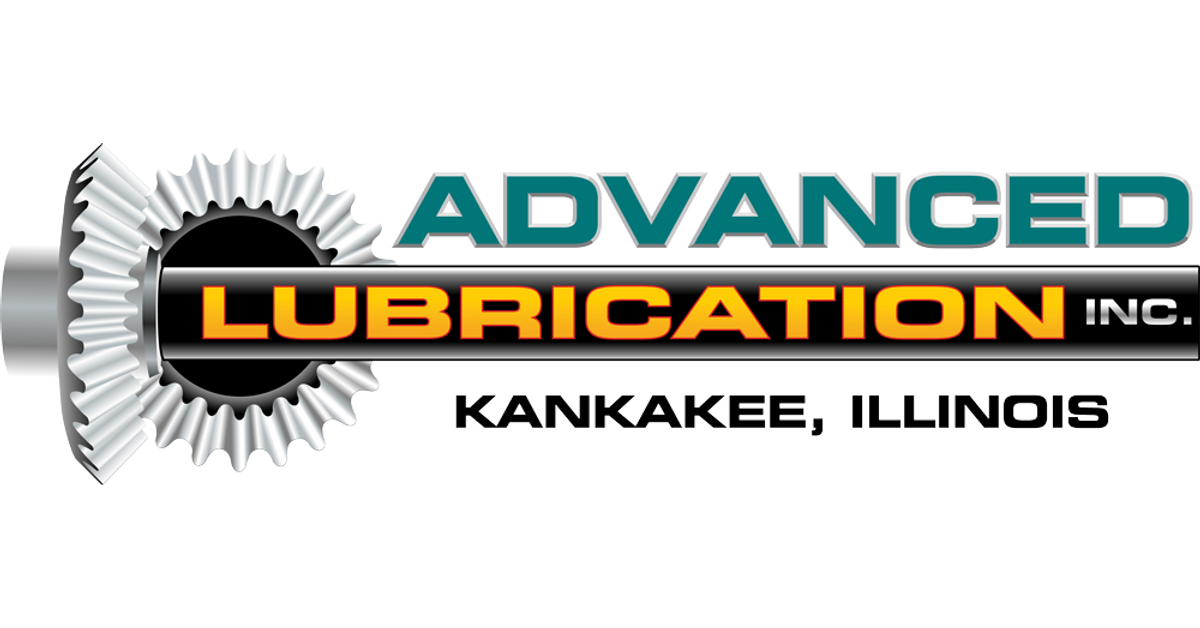Higher viscosity oil does not always offer more protection, and I say that as a fan of higher viscosities and a skeptic when it comes to thin oils. That being said, oil viscosity is chosen largely based on main bearing clearances and expected maximum operating temperature in the oil sump. If the engineers who designed the motor think a 5w20 or 0w20 will provide the necessary minimum oil pressure when the engine is hot, particularly at high oil temperatures and low RPM, then the strength of modern synthetic oils really obviates the old arguments about "film strength." The problem arises more typically when someone tries to use a lower viscosity oil like an 0w or 5w in a motor that was originally designed for a 10w, 15w, or 20w oil. Even though an oil may claim that at operating temperature it performs, for example, like a 40 weight, it may sheer down to closer to a 30 or a 20 after time in the crank case, and so you may have a situation with sub-optimal oil pressure. In those cases, you are better off sticking with an oil that is a higher viscosity. To take an example, I have a couple of older German cars where the original viscosity recommendation was 15w40 or 20w50 even. I don't run 0w or 5w oils in these cars, even if the second number is sufficiently high. I will run a 15w40 or 15w50 in them. When these cars were built, the engineers who specified oil viscosity again, like the folks at Ram, understand the need to maintain that wedge of oil at the crank, and so the viscosity was chosen with expected operating temps and main bearing clearances in mind. As some of those cars approach 200k plus miles, it reaffirms that the folks who spec this stuff aren't fools.
But again, unless you think the engineering department at Ram is filled with folks who don't understand this stuff, as the consumer your safest bet is to follow the manufacturer's recommendation, particularly when the truck is under warranty. With modern, high quality oils, so long as they are kept full and changed regularly, the rest of the vehicle will likely wear out far sooner than the motor. And with random issues such as lifter problems, the oil is a red-herring. If your truck happens to be impacted by that defect, there is no magic oil that will save it (again assuming you keep the recommended viscosity oil in the crankcase, and keep it clean and full).













